

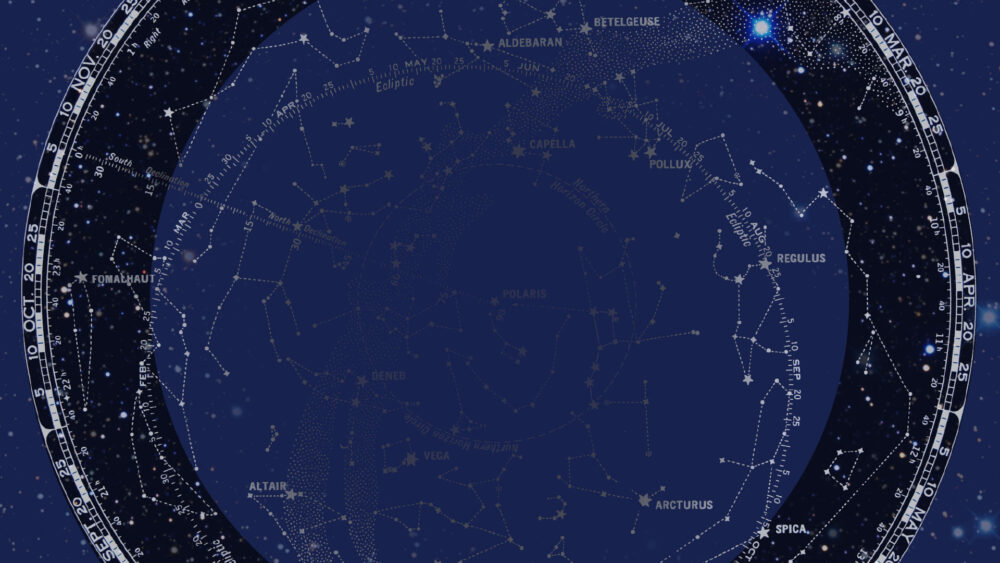
The Real Heroes of the Big Bang Revolution
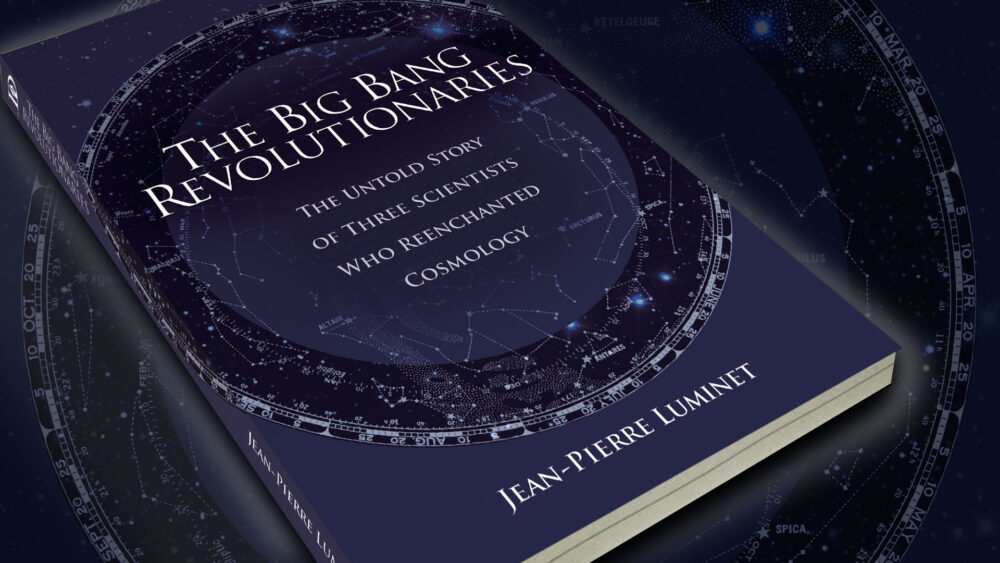
A Reading From The Big Bang Revolutionaries

Stephen Meyer: Has the West Forgotten God?
In today’s ID the Future philosopher Stephen Meyer revisits Aleksandr Solzhenitsyn’s Templeton Prize speech from May 10, 1983, where Solzhenitsyn indicted the West for forgetting God. Meyer argues that Solzhenitsyn’s indictment is more timely than ever. But at the same time, there is today more scientific evidence than ever for the existence of a personal God, Meyer says, and the argument from intelligent design is a powerful means to awaken individuals to the presence of God and to renew culture. Meyer goes on to support those claims with concrete examples. Today’s episode is taken from a talk Dr. Meyer gave at the 2023 Dallas Conference on Science and Faith. Meyer is author of the bestselling book Return of the God Read More ›
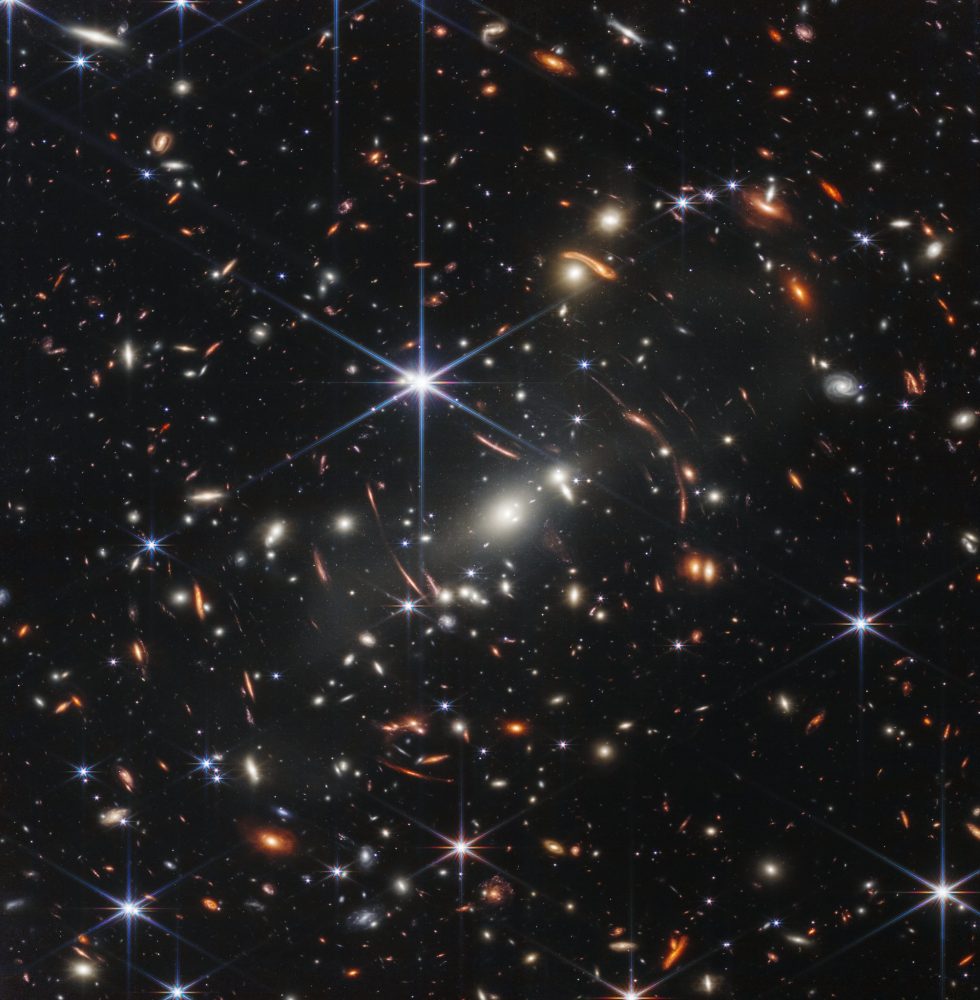
Stephen Meyer: James Webb Telescope Supports the Big Bang
On this ID The Future, Return of the God Hypothesis author Stephen Meyer again speaks with radio host Michael Medved about the extraordinarily powerful new James Webb space telescope. One researcher, Eric Lerner, has claimed that what the Webb telescope is seeing many billions of light years away (and therefore, many billions of years in the past) undercuts the Big Bang theory. But according to Meyer, the new photographs coming back from Webb actually further confirm the reality that our universe had a beginning (“the Big Bang”) and that it has been expanding ever since. What these Webb images are forcing a rethink on, Meyer says, is the conventional wisdom among cosmologists on galaxy formation in the early universe. Meyer Read More ›
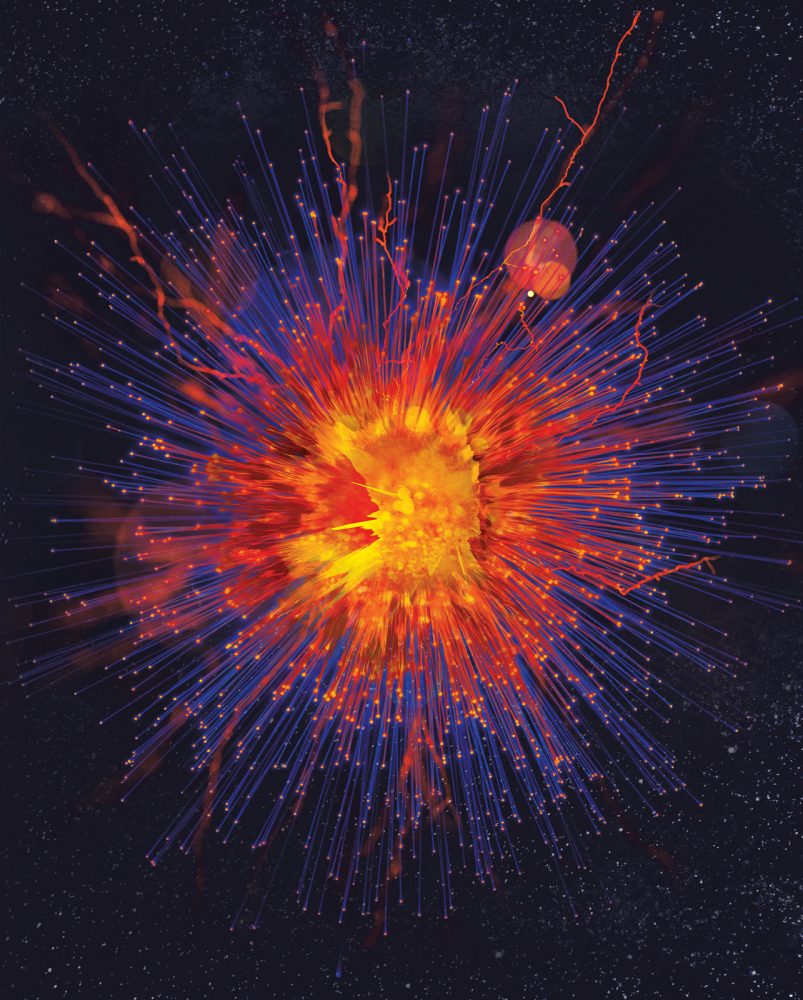
Stephen Meyer: One God or Many Universes?
In this ID the Future, Stephen Meyer takes a deep dive into the case for not only intelligent design, but also for a designer of the cosmos who is immaterial, eternal, transcendent, and involved. Meyer draws on evidence for design at the origin of life, in the origin of plants and animals, and from the fine tuning of the laws and constants of chemistry and the initial conditions of the universe. He connects all this to the scientific evidence that the universe is not eternal but had a beginning—the Big Bang. What about the main materialistic alternative for explaining this suite of evidence—the idea that there is a multiverse with our universe just being one of the lucky universes with Read More ›
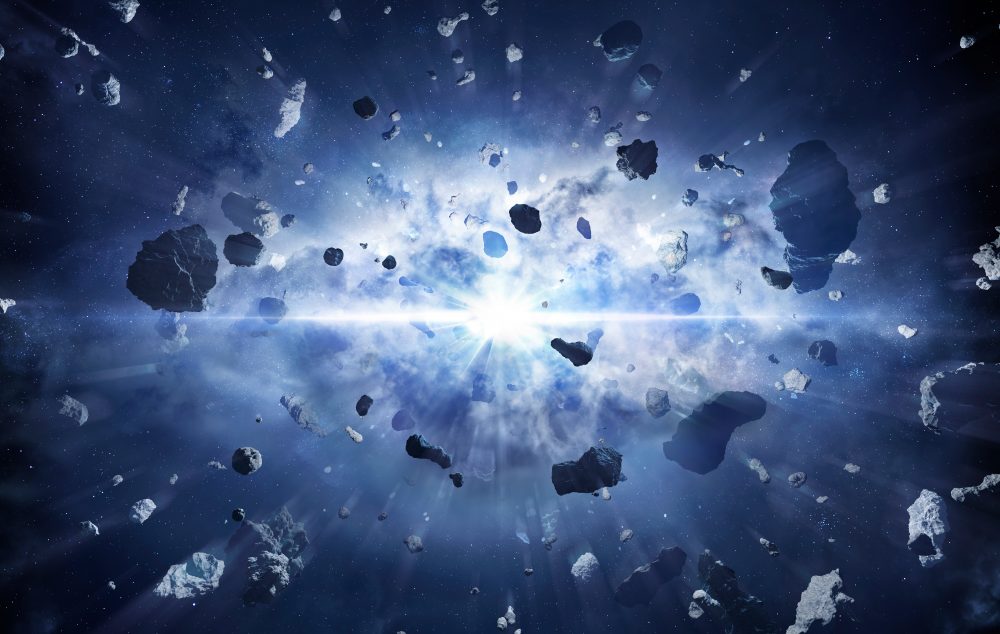
Physicist Brian Miller Answers the Big Bang Evaders
On this ID the Future, physicist Brian Miller looks at various attempts to evade the mounting evidence that the universe had a beginning, a Big Bang. Miller and host Casey Luskin first review the fascinating history of how the eternal universe model of the nineteenth century gave way to the Big Bang model. Then Miller walks through about a half a dozen attempts to evade a cosmic beginning after the Big Bang model had won the day. These evasions include the steady state model, the idea of an eternal cyclical universe, and the string landscape model. According to this model, our universe exists in a multi-dimensional brane (not “brain”) which exists in a higher dimensional space, and our multi-dimensional brane Read More ›

Andrew Klavan and Stephen Meyer Talk God and Science
On this ID the Future Stephen Meyer sits down with talk show host and bestselling novelist Andrew Klavan to discuss Meyer’s Return of the God Hypothesis. In this fast-paced conversation the pair touch on the Judeo-Christian roots of science, how fine tuning in physics and cosmology point to intelligent design, and how a great many scientists held out hope that the universe was eternal and therefore did not require a creator, but eventually threw in the towel as evidence mounted for a cosmic beginning. What about the multiverse hypothesis as an escape for atheists wishing to explain away the evidence for a cosmic designer? Meyer explains why it fails Occam’s Razor, and then he and Klavan discuss a noted atheist Read More ›

Physicist Eric Hedin: Cosmology Points to Cosmic Design
On this ID the Future host Eric Anderson continues his conversation with physicist and Canceled Science author Eric Hedin. Here Hedin argues that the dogmatic rule that natural science should only ever invoke natural causes has at its heart a logical problem. He and Anderson also review some startling cases of fine-tuning for life and why a “theory of everything” would not solve the fine-tuning problem for atheists but merely move it back to the theory of everything itself. Also in today’s conversation, a highly accessible flyover of how scientists came to realize that the universe wasn’t eternal but had had a beginning. Hedin also tackles a theological poser: If the universe was designed for life, why did the designer Read More ›